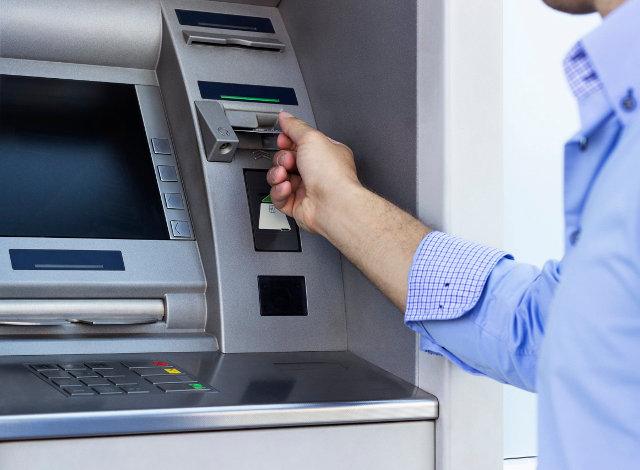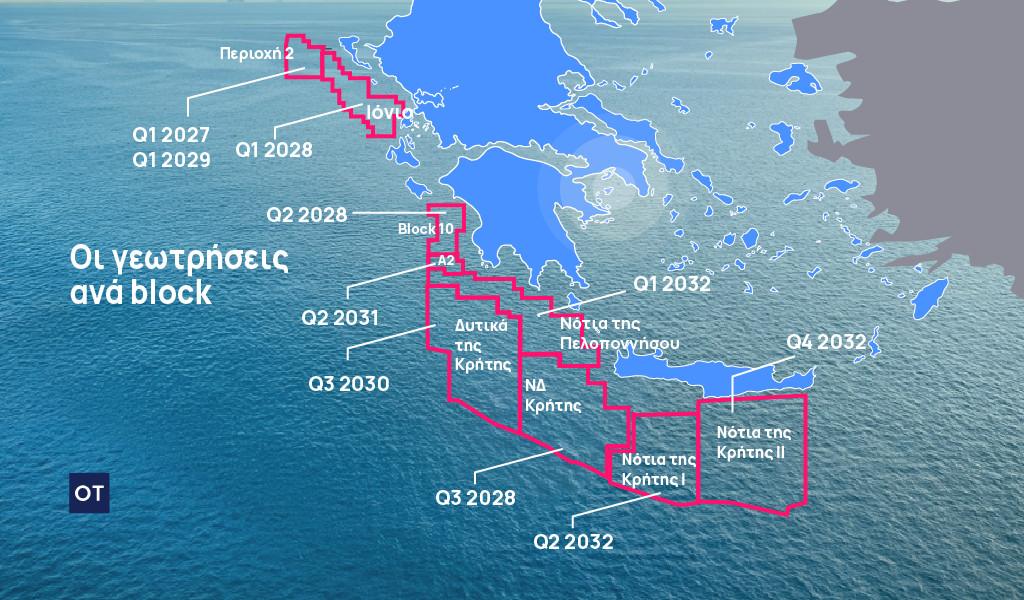A sweeping reform of banking fees in Greece takes full effect today, with the second wave of changes targeting cash withdrawals from ATMs. Earlier measures introduced in January 2025 had already reduced or eliminated charges for a range of popular retail banking transactions, particularly through digital channels.
According to the government, 2025 marks a turning point in banks’ pricing policies for private customers, with legislative initiatives easing or removing charges on everyday transactions. While the changes have reduced non-interest income for banks in the first half of the year, they have translated into direct savings for consumers.
Key Changes for Customers
The reforms affect a broad set of transactions for individuals — including employees, pensioners, the unemployed, and the self-employed — with either no fees or significantly lower costs:
1. Money Transfers (Domestic Bank-to-Bank)
Since 20 January 2025, charges for transfers of up to €5,000 between accounts in different banks within Greece have been capped at:
- €0.50 for outgoing transfers
- €0.50 for incoming transfers
This reduces the total maximum cost for such transactions to €1, split between sender and receiver. The cap applies until the daily €5,000 limit is reached. Instant transfers can now be chosen without any extra fee compared to standard transfers.
2. Transfers via IRIS Payment Service
The IRIS system allows instant transfers between individuals or to self-employed professionals using mobile banking, without requiring an IBAN — only the recipient’s phone number or tax ID.
- No fee for transfers between individuals.
- Small fee for transfers to professionals, lower than POS transaction fees.
- Current daily limits: €500 to individuals and €500 to professionals, separately.
- From early 2026: limits will double to €1,000 each per day, with a monthly cap of €5,000 for transfers between individuals. No monthly cap applies to professional payments.
3. Bill Payments
From January 2025, no fees are charged for bill payments to utilities, public bodies, social security funds, or insurance companies if made via online banking, mobile banking, or standing orders. Fees may still apply for payments made at ATMs.
4. Prepaid Card Top-Ups
Banks cannot charge for loading up to €100 per day onto prepaid cards. Above this amount, a 1% fee applies, with a €1 minimum.
5. ATM Withdrawals
Until now, withdrawing cash from another bank’s ATM could cost between €2.30 and €2.75, combining the ATM operator’s fee and the customer’s own bank fee. From today:
- No fee for withdrawals from any Greek bank ATM, regardless of the bank that issued the card.
- Withdrawals from third-party ATMs (e.g., Euronet) are capped at €1.50.
- Cardholders of Piraeus Bank pay no fee at Cashflex ATMs.
- In areas with only one ATM — whether bank-operated or third-party — withdrawals remain free for Greek bank cardholders.
- Balance inquiries are now free.
Subscription Packages for Free Transactions
Several banks offer monthly subscription packages for free transactions and added benefits. These have been restructured to reflect the new legal environment:
- Alpha Bank – myAlpha Benefit: From €0.80/month, includes free transfers, bill payments beyond those already fee-free by law, and free card renewals. Higher-tier packages offer more free services and waived credit card fees.
- Eurobank – My Advantage Banking: From €0.60/month, offers free debit card issuance/renewal, prepaid card services, cheque books, and unlimited standing order bill payments. Higher-tier plans (€2–€10/month) include free transfers and additional benefits.
- National Bank of Greece – Privilege Account: €0.80/month for up to 50 free incoming and outgoing transfers, unlimited bill payments, prepaid card top-ups of any amount, and various documentation services.
Customers are encouraged to assess whether such packages are worthwhile by comparing their annual transaction costs with subscription fees.
Source: tovima.com







































